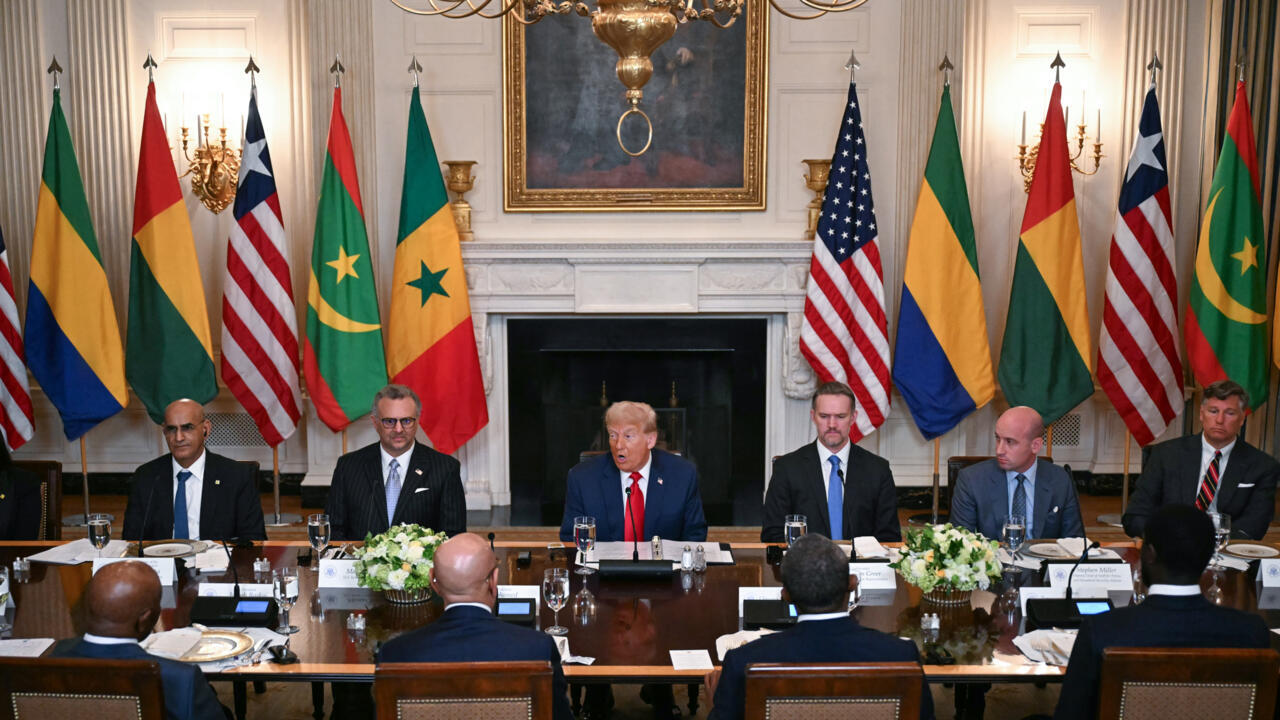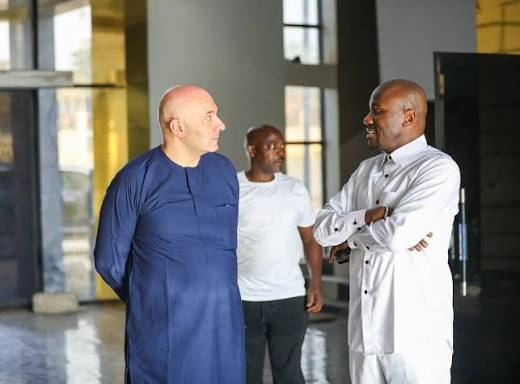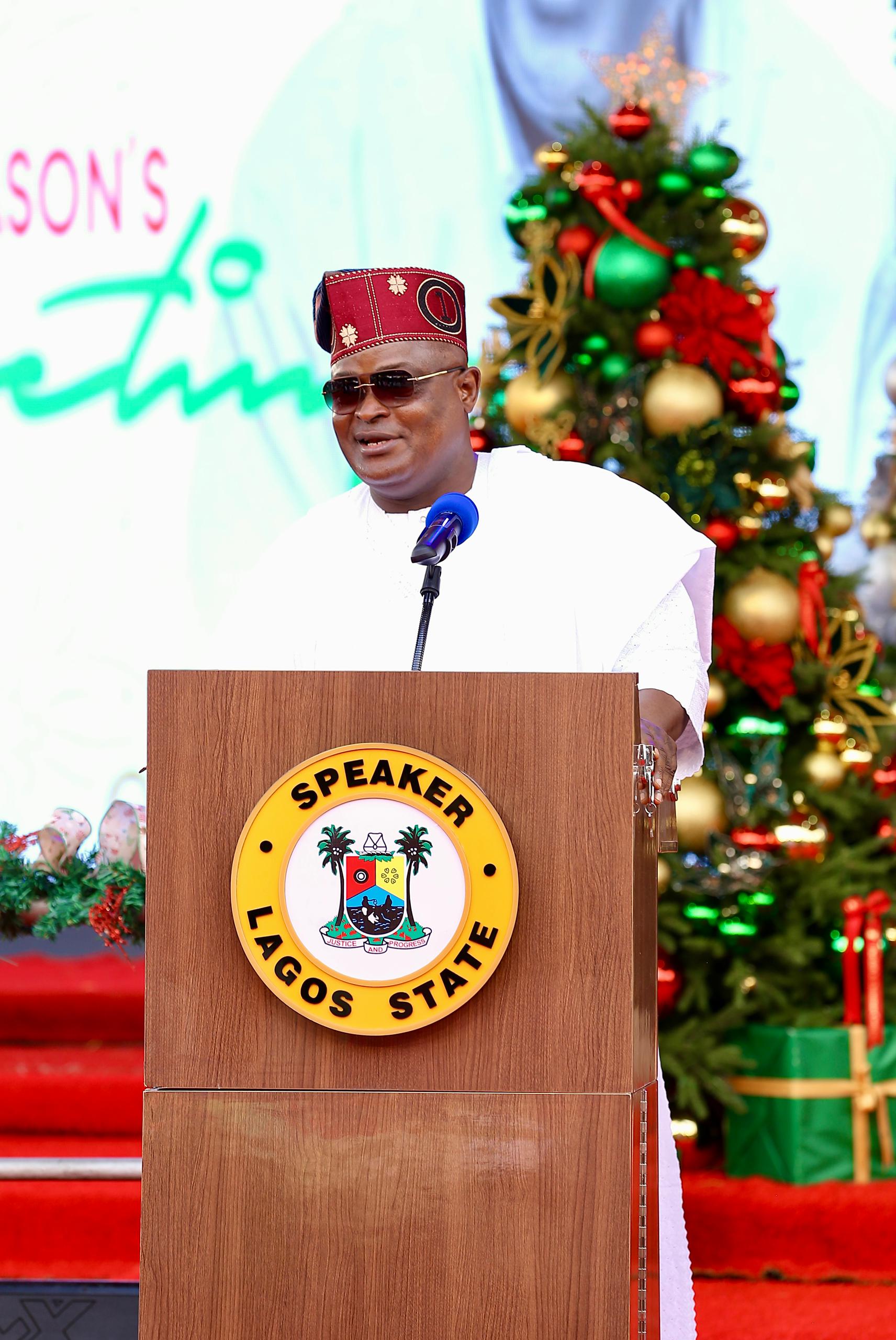Being an artiste manager is arguably one of the most exciting careers someone can have. Every day is different, it’s challenging, it’s rewarding, you get to witness the creative process, you get to help make someone’s dreams come true (or die trying), you get to travel a lot, you get to spend your time in recording studios, performance venues and attend festivals.
However, you need success to get a manager and you need a manager to be successful. What steps can you take? What is the best approach to finding solid management for your music career?
So what really is artiste management? These and more were the questions that surfaced during this week’s edition of Freelanews Leadership Session titled Artiste Management: What It Is & How To Run It Successfully.
According to the general manager of Lavolta Entertainment, a record label and entertainment company, Bawo Okotie, an artiste manager is basically like a career guardian for musicians.
“An artiste manager works on behalf of groups or artistes to promote the artistes’ careers and run their business affairs. Their job is to secure the best work for their clients, at the best fee. The job may include negotiating contracts and fees, finding and booking events and venues that match the artiste’s career strategy, advising on career decisions, publicity and promotion, helping them on career decisions such as which record producer to work with, or which songs to perform, and managing media relations on their behalf,” Okotie said.
On what qualifies one to be a manager, the GM stated that while anyone could aspire to be a manager, it is better to choose someone with experience in the music industry.
“An artiste manager must be a professional in music, with a lot of experience in the industry. Besides the ability to source for promising upcoming artiste is key.
“Being a commercial venture, he must be able to pick artistes with prospects and generate returns.”
He also added that the job of a manager is important because singing, entertaining and delivering messages to fan and the general public being the primary pre-occupation of an artiste, a manager is needed to provide a balance to take care of the business of money making.
“Doing these take a lot from the artiste, and so having to combine the other back end aspect of the final product will be too overwhelming for the him or her.
“Moreover, a young budding artist must be guided by a professional artiste handler.”
Okotie further explained that despite always having issues with artistes, record labels still need to work with them. And for record label to sign on an artiste, it must have been convinced that such has a commercial value.
“This also apply to artistes; they must have done their visibility studies to know which record label will help their careers. Before taking such an important step, every artiste should first fully understand what artiste management is, what managers do, and how a manager can help you at the current stage of your career.
“The reason issues of compatibility arise between artistes and their managers is because often, artiste are just interested in fame, money and really don’t care about the interests of their managers. Especially when the manager is more like a company investing in the artiste and not in the case of an established artiste that is picking up the bill of the manager.
“How then do we manage this? I must say it’s a major problem. We have had to severe contracts with one or two artistes on the basis of us realising that all that the artiste is interested in is just to blow (like they say in the industry) over night. It’s a two way thing; the manager invests his or her time in turning the artiste into a successful brand while the artiste must have the patience to put in his or her best to ensure that his delivery at all times justifies the investment in him or her.
“Issues always arise from revenue sharing, royalties, the percentage on earnings and so many others. Record labels get paid in percentages; it could be 70:30 or 60:40, depending on what we agreed to. But also note that we get paid after all expenses have been deducted and whatever is left is shared based on this percentage.”
In his own contribution, one of the group member, Prince Adeyemi Aseperi, when it was asked that rather than tagging as ‘investment in the artiste’ the relationship between a manager and musician, it is better called contractual or a partnership, opined;
“Aside from the recording company that owns majority rights from artiste management or manager, we don’t really have artiste managers in Nigeria. Rather what we have are hanger-ons; friends turned manager and errand boys.
“Though we do have people who have done well managing artistes, but they are very few. Artistes need more than just show bookings and contact persons managers. They also need portfolios managers. Those are people, who help them invest their money. An artiste needs much more than drinking and babes carrying managers.
“Who knows the future of an artiste? How many that started with 2Baba are still relevant today in music?
“Artistes management is a very complex work in Nigeria, where contracts are mostly not signed and if signed difficult to enforce. Who are the managers of the top 10 artistes in Nigeria? What are their experiences? What’s their level of maturity? Do they have controls over the artistes they are managing? How many of them can schedule appointments for the artistes and ensure the artistes keep the appointments?
“What are the contractual agreements between the artistes and the managers? What developmental changes do these managers bring to the table? Can the manager of any of the top 10 tell the artistes we have show tomorrow and it’s time for rehearsals or time to retire for the day?”
Okotie said, “Seeing this as a partnership is the only way it can work. But most artiste are mostly greedy and rarely see it as one. They often just want to ride on the back of the manager to success without blinking an eye on whether the manager makes anything from the investment or not. Please note like I mentioned earlier, we see this from a recording and management contract point of view and not the popular local artiste-manager relationship, wherein the artiste employs the manager or kind of pays the bills of the manager.”
Victor Ojelabi, another member, asked,”But if the artiste agreed to the contract signed, how come he or she then turns out to ‘becoming greedy’? Is it possible to demand more than it is in the contract?”
“You know we all see things differently. While someone feels he needs to work hard to get result, the other person feels it’s not necessary. Some artistes just feel they could get to the top without hard work and want the manager to just keep on spending. Both parties have to work collectively.
“Often, artistes asking for what is not in the contract could come up. Sometimes, it is review they ask for mostly on the suspicion that the management company makes more money,” Okotie responded.
An anonymous member also responded that despite all these challenges, the importance of an artiste manager can’t be overemphasized.
“Even though I agree with you, Prince Aseperi, the artiste management function is an integral function under a recording and management contract offered to artiste, which was why Mr Okotie noted that his company offers a recording and artiste management contracts to their signed artistes.
“Suffice to state that big and established artiste, upon being signed, could then offer sub-contract to anyone deemed fit to act as their internal manager. It is also worth emphasizing that there are various sides to an artiste; as individual, the brand, business angle and image, to mention just a few. All the various components are managed at various degrees and levels by the entire management chain of the artistes. Pardon me to state the bigger the artiste gets the more complex in a way the chain gets,” he concluded.
On who bears the cost, the general manager of Lavolta Entertainment stated that the company bears the expenses in advance.
Okotie said,”For us, we go the full throttle and sign a recording and management contract, thereby agreeing on a sharing formula for net proceeds on profit and also a percentage sharing on all royalties both mechanical and performance. We often settle for a recording and management contract so we bear the expenses in advance.”
It is no gainsaying that the sharp practices of piracy has affected revenues of all investors in the music industry, Okotie, however, said most stakeholders have gone digital.
“The industry is changing very rapidly and the era of approaching the so-called big physical distributing companies are fast fading away. Nowadays things are basically done digitally.
“And the advent of internet has greatly impacted the business positively and smoothened the curve to some extent. With the right information and knowledge, you could get your artiste to work on most international digital companies at one clean sweep without having to know any big gun. All you need is to know the right digital company to sign a music distribution company with,” Lavolta Entertainment general manager said.
As the world grapple with the effect of COVID-19 pandemic, all facet of human endevours have suffered. Julius Adeguna requested to know how the lockdown has affected the Nigerian artistes and how prepared are they for the post COVID-19 era.
“The pandemic has ignited a kind of creativity in making money that we never thought existed and I can tell you that the Nigerian music industry is well prepared for the post COVID-19 era.
“A lot of musicians and bands, who still want to be relevant, reach out to their fans virtually,” he submitted.
Freelanews website, Freelanews WhatsApp Group and Freelanews Leadership Session are the exclusive properties of Freelart Limited.

Freelanews is a potpourri of news, entertainment, business, events and photos. This is no fake news.
























